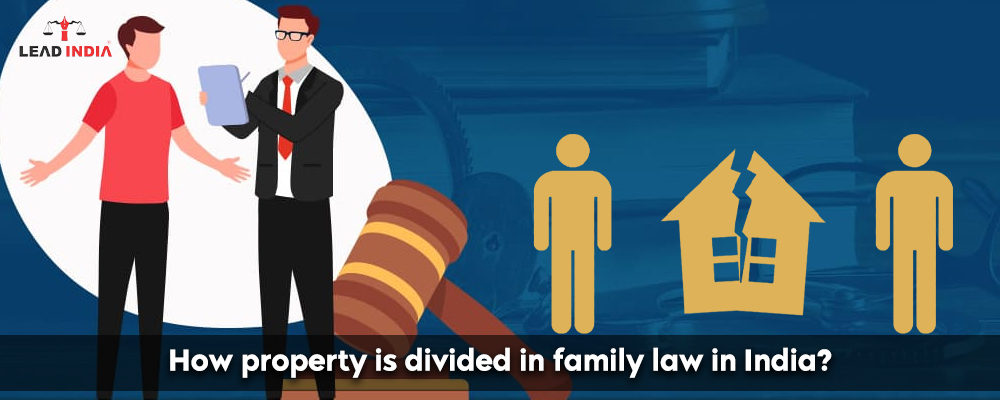If a Hindu male dies without leaving a will or expressing any wishes, his property and belongings are divided equally between his widow and legal heirs, then further divided into four categories by Indian law for property distribution between brothers.
Need A Legal Advice
The internet is not a lawyer and neither are you. Talk to a real lawyer about your legal issue

- Heirs of Class 1
- Class 2 heirs (if class 1 is empty)
- If no one is present in class 2, class 3 agrees.
- Class 4 Cognates (if they exist)
If the property in question is inherited
- The property that is inherited by the male lineage from four generations or more is considered ancestral property under Indian law, which divides it equally among the males in the next generation of the same family, regardless of age or location.
- For the legal rights to the ancestral lands to pass through, it must remain unbroken during this time. Since birth, sons and girls have an equal division and share of these properties.
- Only sons were entitled to a portion of their father’s ancestral property before the amendment and the earlier regulations enacted before 2005. However, if the daughter hasn’t received her property portion, she can now claim it.
- According to Indian law, a brother’s property must be divided equally between them, and the daughter has the same rights as the father about its distribution through will.
Concerning Self-Acquired Property
The son or daughter has no claim or rights to property that the father has acquired with their funds or salary. According to Indian law, the owner is free to divide and dispose of the property any way they see fit between siblings.
Father passes away intestate
- All of the heirs receive an equal share of the property upon the father’s death in the absence of a will, provided certain documentation is verified. They could decide to split it right then and there or leave it to be divided later if needed.
- Because they are the ones closest to the property owner, the class 1 heirs are entitled to an equal share under the Hindu Succession Act. When one or both of them are absent, four class distinctions apply, as the Indian law interprets property division between brothers.
For a daughter who is married
- A daughter was not included in HUF before 2005 since she was married. This implies that she was not entitled to any portion of her father’s assets.
- They were listed as coparceners and had the right to claim their part regardless of their marital status once the required adjustments were made to the Indian law for the distribution of property amongst brothers and sisters.
The process by which property is distributed legally
- If there is no deed or will left in the property distribution by the legal owner of the Property, a family settlement or division deed may be utilized.
- By Indian law for property division amongst brothers, all of the brothers with mutual permission split the property into equal portions by document verification and assert who owns what may file a deed or suit of partition.
- Following Indian law for property distribution between brothers, the members may also come to a mutual agreement and draft a family settlement to divide the property among themselves without the involvement of the court, or they may obtain legal counsel to resolve the issue outside of court. The individuals making the claims need to be connected and possess a portion of the property in question.
After 2005, several provisions of property division were changed to better serve the HUF’s demands for partition. Each lawful heir without any difficulties or disturbances can equally own the property. Implementing the Indian law for property division amongst siblings is crucial because, in many states, men and women do not receive their fair part of family ancestry.
Lead India provides various legal services, including free legal advice and internet information. We provide a facility in which you can talk to a lawyer and ask legal questions regarding the law here. Lead India’s lawyers can assist you with any legal issues. In India, Lead India provides free legal assistance online. In addition to receiving free legal advice online, Lead India allows users to pose inquiries to experts for free.





 Talk to a Lawyer
Talk to a Lawyer